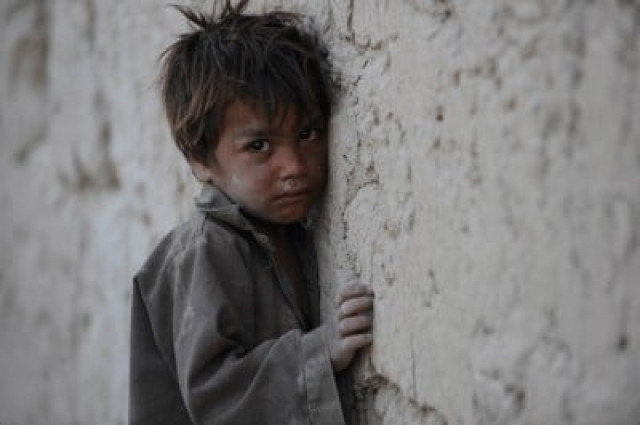Pakistan facing acute malnutrition: WHO
The workshop is being organised by the Planning and Development Division in collaboration with WHO.

Pakistan facing acute malnutrition: WHO
The level of malnutrition in Pakistan has crossed the World Health Organisation’s (WHO) critical threshold for acute malnutrition.
About 15.1% of Pakistanis suffer from malnutrition, according to the National Nutrition Survey Report 2011, which is higher than WHO’s threshold of 15%, health experts told The Express Tribune on Thursday.
They were at the launch of WHO’s updated guidelines on management of acute malnutrition for Eastern Mediterranean Region. The guidelines were launched at the inaugural session of a five-day regional orientation and training workshop on improving management of nutrition surveillance and malnutrition.
The workshop is being organised by the Planning and Development Division in collaboration with WHO to improve the capacity of the government and stakeholders through provision of updated, evidence-based guidelines.
Dr Ayoub Aljawaldeh, Regional Adviser to WHO on nutrition, said the major factors behind the alarming rate of malnutrition in Pakistan are increasing population and food insecurity, and lack of access to clean water.
Poor breast-feeding practices, unawareness on balanced diet among mothers and natural calamities also contribute significantly to malnutrition.
He urged the government to work for the provision of subsidised food and access to clean water for the lower income group and stressed on the importance of breastfeeding, even when mothers are malnourished themselves.
Dr Khizar Tauseef, WHO focal person on nutrition, advised people to use fortified flour and iodised salt to avoid malnutrition.
“The trend of having tea immediately after food intake causes lack of absorption of iron in the body. Consumption of fast food and soft drinks also contributes towards malnutrition,” he added.
Published in The Express Tribune, October 19th, 2012.



















COMMENTS
Comments are moderated and generally will be posted if they are on-topic and not abusive.
For more information, please see our Comments FAQ